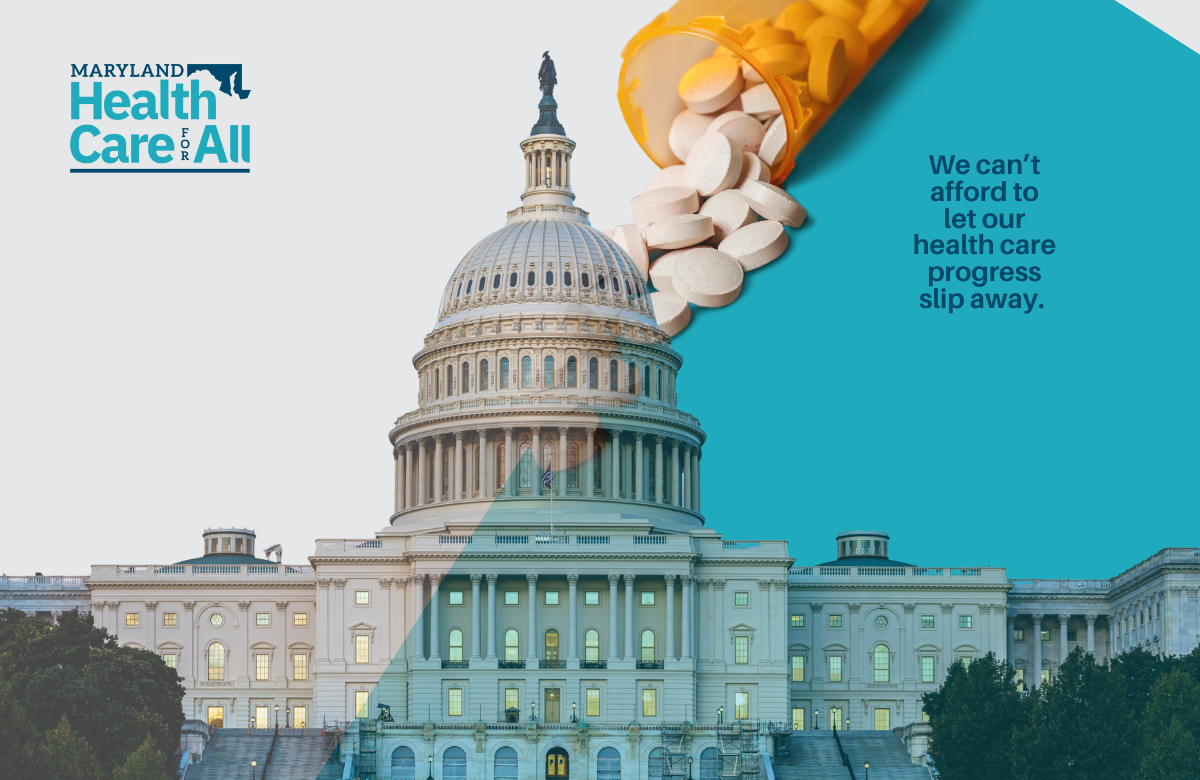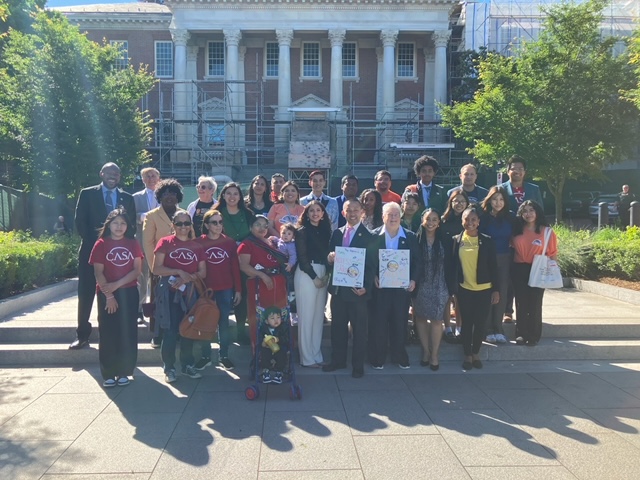Baltimore Sun
Op-Ed
February 15, 2016
Maryland’s places of worship keep our souls healthy. And now through an innovative program, they may also play a key role in keeping our bodies healthy. Today we are announcing the Maryland Faith Community Health Network, a pilot partnership among the Maryland Citizens’ Health Initiative, LifeBridge Health and dozens of local houses of faith that brings together services vital to our public life to improve the health of people in our communities.
Faith communities serve as an extension of many Maryland families, especially when members are ill. What we’re seeking to do in this pilot program is to make connections between representatives at faith institutions — churches, synagogues, mosques and other places of worship — and health care providers in hospitals. In the pilot program, LifeBridge Health employees at Sinai, Northwest and Carroll hospitals will serve as “navigators” to match willing patients with community resources and support by working with “liaisons” from particular congregations, who can help look out for their congregants’ well being.
A program like this could have been a huge help to a member of a local congregation who came down with pneumonia last winter. She spent six months in hospitals and nursing homes. She was unable to complete her weekly volunteer duties at a food pantry, in worship services and tutoring at a local school during that time, along with some daily responsibilities. If she had been a part of the Maryland Faith Community Health Network, a network of people who care about her could have provided better support to help her recover faster and manage her affairs.
With the network, the way someone in this situation manages her health care will be transformed. If she has to be hospitalized, she can give permission for a hospital navigator to work with the congregational liaison to make sure that transportation is arranged, that her house is taken care of while she is away, and that she has support for follow-up appointments. The navigators and liaisons can also promote preventive medicine among the congregation with wellness fairs and guest speakers. They can also help members of the congregation enroll in health care coverage. This efficient system leverages hospital resources by aligning them with a community institution and volunteers who are committed to an individual’s care and recovery.
The pilot program model was pioneered at Methodist Le Bonheur hospital in Memphis in 2006 to improve the health of people who received care and to prevent unnecessary readmissions. The hospital entered into a “covenant” with local faith leaders that committed the hospital to hiring navigators to work with the faith leaders whenever someone from their congregations was admitted to the hospital. The faith leaders agreed to promote the program and provide support to their congregational members when they were discharged from the hospital. As a result of this partnership, the hospital officials there say they have seen tremendous improvements in health outcomes for their patients and significant cost savings. The Memphis faith network reports that in one year they spent $600,000 on the program and cut patient hospital costs by $4 million.
In considering how to bring this kind of system to our state, the Maryland Citizens’ Health Initiative held a series of forums across the state in urban, suburban and rural areas. With the feedback we received, we crafted the network to be responsive to the unique needs of Maryland residents and our state’s health care and faith institutions. As we evaluate this pilot program, we are also keeping an eye to the future — investigating how one might also adapt the model to work with other community institutions outside of a place of worship.
Maryland has a rich legacy of strong health and faith institutions — two areas with a common mission to serve and to heal. We believe that bringing them together through the Maryland Faith Community Health Network will strengthen them both, and in turn, strengthen the people of Maryland.
Neil Meltzer (nmeltzer@lifebridgehealth.org) is the president and chief executive officer of LifeBridge Health, Rev. John Deckenback (jrdeckenback@gmail.com) is the chairperson of the Central Maryland Ecumenical Council’s Ecumenical Leaders Group, and Vincent DeMarco (demarco@mdinitiative.org) is the president of Maryland Citizens’ Health Initiative.
Last modified: February 16, 2016



